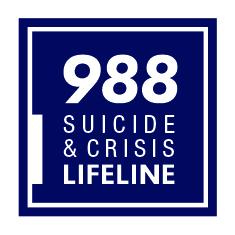

Return to Search Results
University of Strathclyde, Scotland - ISEP
Schedule an Advising Appointment
Program Contact Information
24-hour hotlines
24-Hour Hotlines


Return to Search Results
Universidad de Guanajuato, Mexico - ISEP
Schedule an Advising Appointment
Program Contact Information

College campuses are typically busy places, buzzing with activity amid the hustle and bustle of students, faculty and staff making their way to classes and campus offices throughout the days, weeks and years. Over time, the landscape changes, a modernized room here, a new building there. But do you ever stop to think about what is really involved in maintaining and updating a college campus? Who decides what changes need to be made in order to keep up with a university’s ever-evolving needs?The extensive detail that goes into efficiently maintaining a modern campus may surprise you. And, when ...